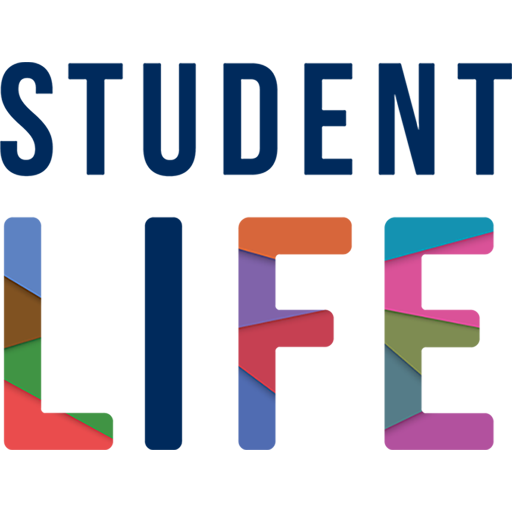Academic Success explored the impact of the Graduate Writing Groups (GWGs) and Graduate Productivity Groups – Actually Work from Home! (GPGs). Participants included anyone who took part in a GWG or GPG from May 1, 2017 – October 31, 2022, for whom Academic Success had a working email address. The surveys had a total respondent count of 109, a 19.2% response rate for the GWGs, a 14.7% response rate for the GPGs, and a 33% response rate for the facilitators. They also hired a research assistant who led four structured discussions involving nine unique respondents, all of whom had previously attended either a GPG or GWG, or both.
The findings have been heartening and are seen as an invitation to both enrich future programming and celebrate past successes. Recurring themes in students feedback included an appreciation for these groups’ supportive community atmosphere, gratitude for seeing incremental progress validated in academic life, and surprise at unanticipated intrapersonal growth (“I was not expecting a change of mindset”). The results also affirm that students who participated in these groups came away feeling more assured about their progress, more connected to a community, and more cognizant of what helps them personally achieve the level of output they seek—e.g., establishing routines involving mutual accountability, being part of communities away from their academic departments, having nonjudgmental spaces in which to celebrate small wins or test the waters with productivity experiments, and learning firsthand that piecemeal, recursive writing processes are entirely normal.
The results also highlight a noteworthy trait in students’ inner selves that the range of services on campus may not adequately address: namely, while graduate students cherish the community, accountability, and productivity that our GWGs, GPGs, and facilitator opportunities unlock, it’s clear that confidence remains slightly more elusive—and even if this was never among the curricular goals, this finding is a welcome invitation to envision new programming, such as spaces where students can gain scaffolded, low-stakes practice sharing their work with peers, as well as offering, interpreting and implementing collegial feedback.

